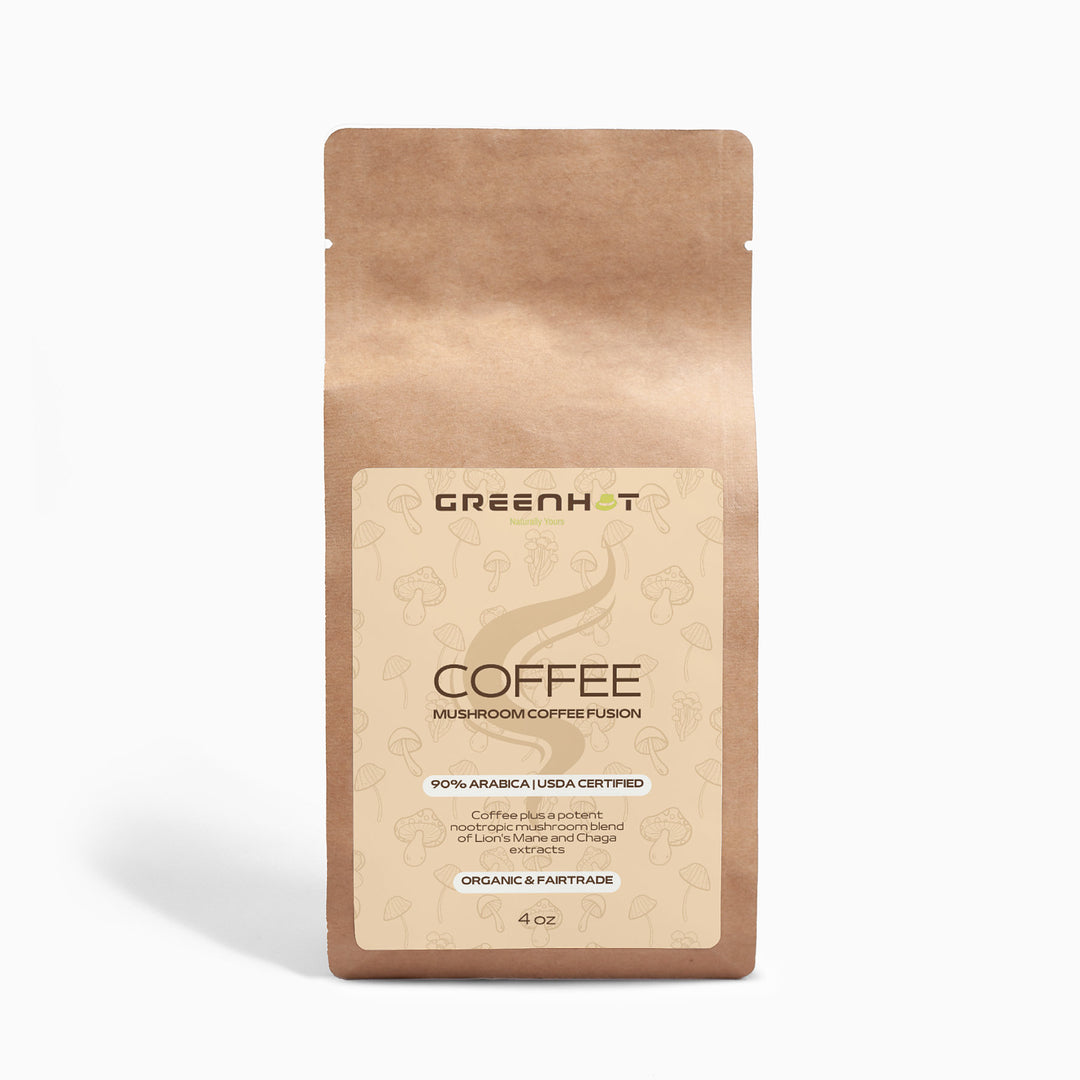What is the Best Way to Maintain Weight?

THE ULTIMATE GUIDE TO WEIGHT MAINTENANCE
The journey to weight loss can be arduous, but the challenge of maintaining that weight is often just as, if not more, formidable. The secret to enduring success is in grasping not only the methods for losing weight but also in mastering the best strategies for weight maintenance post-achievement of your targets. This detailed guide delves into the scientific principles, various tactics, and hands-on advice for sustaining a healthy weight over an extended period.
THE SCIENCE BEHIND WEIGHT MAINTENANCE
Let's first lay the groundwork by comprehending the scientific aspects of maintaining weight.
- SET POINT THEORY Your body gravitates towards a natural weight "set point," governed by factors like genetics and hormonal balances. Acknowledging that your body inherently opposes drastic weight shifts can aid in setting realistic expectations for weight maintenance.
- METABOLISM'S ROLE Metabolism is pivotal in weight maintenance. Weight loss can lead to a slower metabolism as your body tries to conserve energy, complicating the maintenance of lost weight. Employing methods to boost a healthy metabolism is vital for successful weight retention.
- FOCUS ON BODY COMPOSITION, NOT JUST WEIGHT Weight alone isn't the full indicator of health. The ratio of muscle to fat, or body composition, is equally if not more crucial. Fostering and retaining lean muscle can assist in sustaining a healthy weight while lowering body fat percentage.
STRATEGIES FOR EFFECTIVE WEIGHT MAINTENANCE
Now we'll explore tactics to effectively keep your weight stable:
- LIFESTYLE MODIFICATIONS Enduring weight maintenance often depends on lifelong lifestyle alterations. These include embracing a balanced diet, engaging in consistent physical activity, managing stress effectively, and ensuring adequate sleep. Gradual, lasting changes are more successful.
- REGULAR PHYSICAL ACTIVITY Exercise is essential for both shedding and maintaining weight. Integrate a variety of cardio, strength training, and flexibility exercises into your routine. Opt for activities you enjoy to make exercise a permanent habit.
- PRACTICE MINDFUL EATING Mindful eating involves being fully present and engaged while eating. Be attentive to signals of hunger and fullness, relish every bite, and avoid distractions like screens during meals. This approach can lead to better food choices and prevent overeating.
- PORTION CONTROL Keep a close eye on portion sizes. Opt for smaller plates, measure servings, and be wary of oversized portions, especially at restaurants. Controlling portions helps in managing caloric intake without feeling deprived.
- CONSISTENT MONITORING Regularly track your progress in various ways, not just through the scale. Keep an eye on body composition, energy levels, and how your clothes fit. Continuous self-monitoring helps in quickly identifying and addressing any weight changes.
- MANAGING STRESS Chronic stress can trigger emotional eating and weight gain. Engage in stress-reducing activities like meditation, deep breathing exercises, or enjoyable hobbies. Effective stress management is crucial for weight maintenance.
- SEEK SOCIAL SUPPORT A supportive environment can make maintaining weight easier. Surround yourself with friends and family who back your healthy lifestyle choices. Consider joining a support group or seeking professional advice from healthcare experts or dietitians.
NUTRITIONAL STRATEGIES FOR WEIGHT MAINTENANCE
- A BALANCED DIET A balanced diet is the foundation of weight maintenance. Prioritize whole foods like fruits, vegetables, lean proteins, whole grains, and healthy fats. Limit processed foods, sugary beverages, and excessive snacking.
- MODERATION, NOT DEPRIVATION It's important to find a happy medium between enjoying your favorite treats and maintaining your weight. Allow occasional indulgences but practice moderation to prevent overeating.
- STAY HYDRATED Ensure you are well-hydrated by drinking ample water throughout the day. Thirst can sometimes be mistaken for hunger, leading to unnecessary eating.
- CONSISTENT EATING SCHEDULE Adopt a regular eating routine with scheduled meals and snacks. This aids in stabilizing metabolism and preventing extreme hunger that might lead to overindulgence.
- INCORPORATE QUALITY SUPPLEMENTS Consider the potential benefits of adding high-quality supplements to your diet. While whole foods are the best source of nutrients, supplements can fill nutritional gaps and support overall health.
LONG-TERM MINDSET
- ACCEPTING SETBACKS Understand that maintaining weight is not a straightforward process. Gaining a few pounds occasionally is normal. View these setbacks as opportunities for learning and refocus on your objectives.
- CELEBRATE ACHIEVEMENTS BEYOND THE SCALE Recognize and celebrate milestones that aren't related to weight. These include improvements in fitness, sleep quality, energy levels, and overall health.
CONCLUSION
Weight maintenance is a complex, lifelong endeavor that demands commitment and a comprehensive approach. Grasping the science behind it, adopting healthy habits, and maintaining a long-term perspective are key to success. Remember, weight maintenance is a personal journey; no universal strategy fits all. By embracing a balanced lifestyle, prioritizing your well-being, and staying dedicated to your goals, you can achieve sustainable weight maintenance and enjoy a healthy, vibrant life.





















Leave a comment